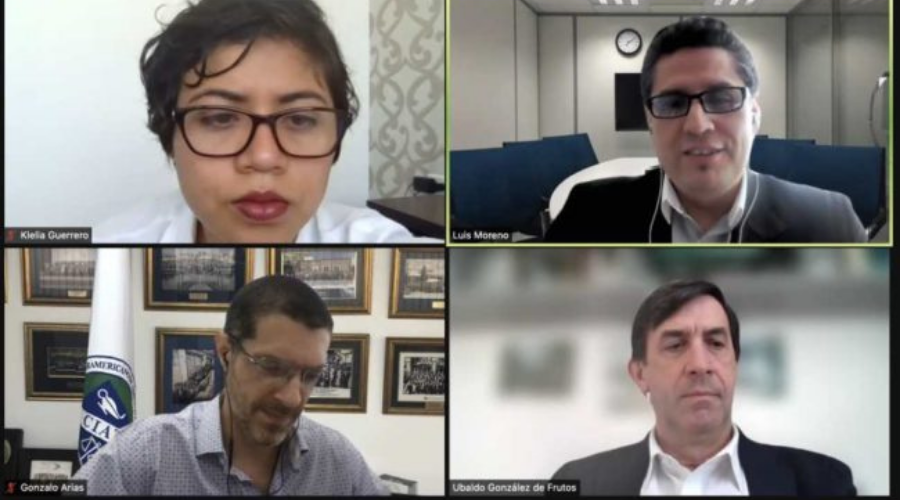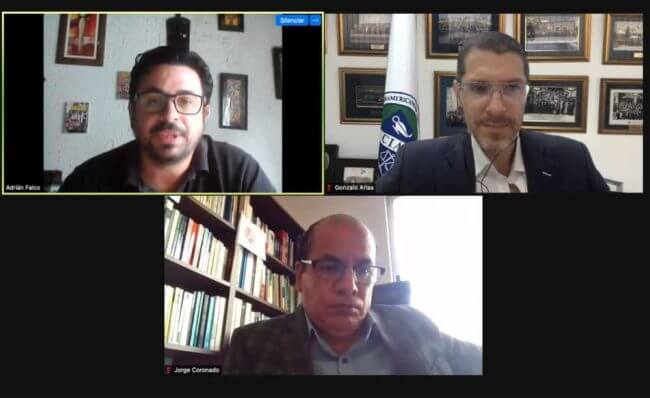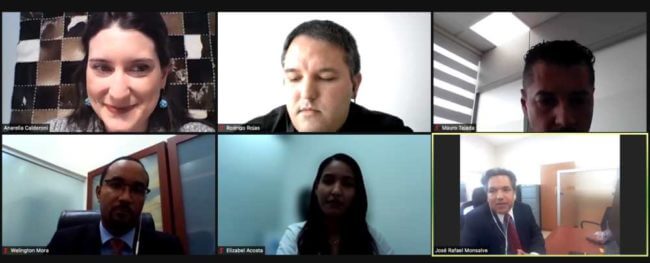CIAT, Latindadd and members of civil society hold the 10th Meeting of tax administrations on international taxation

On December 1 and 2, 2021, the X Meeting of Tax Administrations on International Taxation was held to discuss “Advances, challenges and proposals for the control of multinational companies and transparency“.
The event was organized by the Latin American Network for Economic and Social Justice – Latindadd, and the Inter-American Center of Tax Administrations (CIAT) and was attended by close to 100 officials from tax administrations and/or ministries of finance from Argentina, Bolivia, Chile, Colombia, Costa Rica, Ecuador, El Salvador, Guatemala, Honduras, Panama, Paraguay, Peru, Dominican Republic, Uruguay, United States, Barbados, Belize, Guyana, Spain and the Netherlands.
The Meeting was divided into two sessions, held on December 1 and 2, 2021, respectively. The first session reflected on the conclusions of the last sessions and the achievements resulting from the cooperation between CIAT, civil society and tax administrations, as well as future prospects. The following panels addressed issues relevant to the tax agendas of governments, such as the control of large companies, progress in transparency and FACTI recommendations and progress in the taxation of the digital economy. IGF also presented reflections on the future of mining taxation.
Both sessions were also attended by representatives of regional organizations such as the IDB and civil society institutions working on the issue of financial transparency and tax justice, such as the Financial Transparency Coalition (sponsor of the meeting), the SES Foundation, the LAC Tax Justice Network, Tax Justice Network, ICRICT, Institute for Sustainable Development, BEPS Monitoring Group, International Academy of Business Disciplines, among others.
One of the objectives of this tenth edition was to provide relevant stakeholders with a space for the exchange of experiences and best practices related to mechanisms, risks, regulations and tools for the control of tax compliance of large taxpayers; analyze the main tax regulation proposals in the field of the digital economy, with special emphasis on Pillars 1 and 2 of the BEPS Inclusive Framework and their impact for Latin American countries; and analyze the key aspects of the international tax transparency agenda and progress with the policy recommendations on the transparency agenda for the achievement of the Sustainable Development Goals and Targets (SDGs), during this pandemic and post-pandemic context.
10,583 total views, 15 views today


